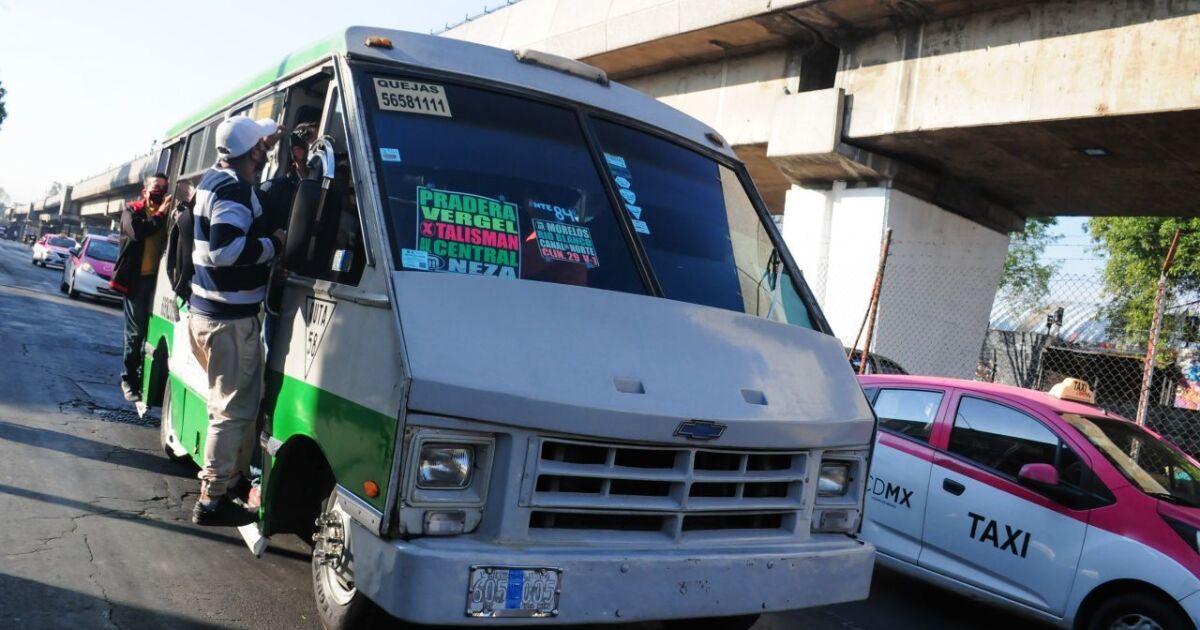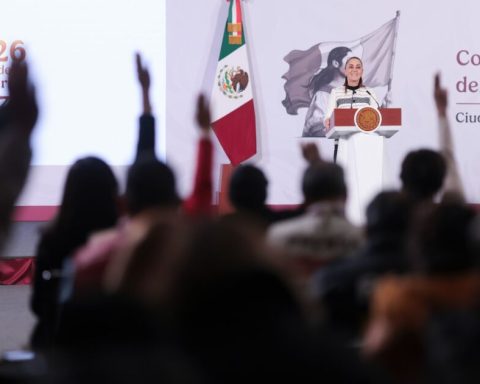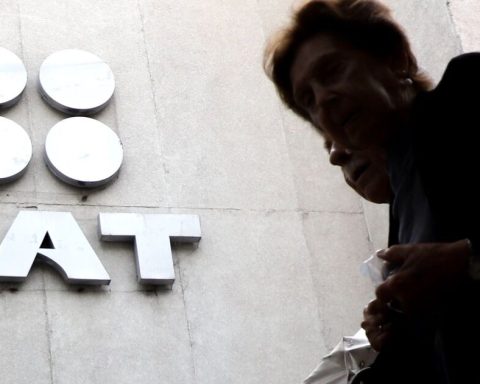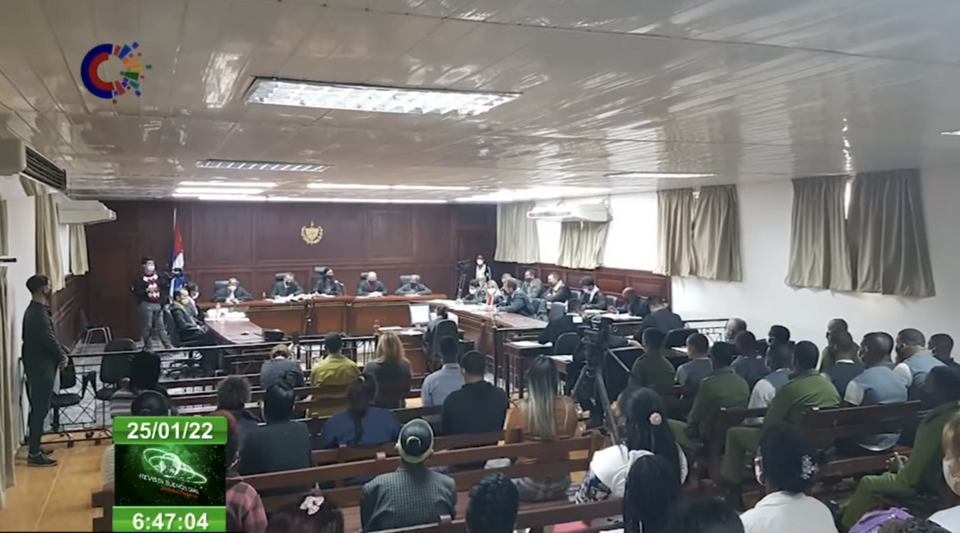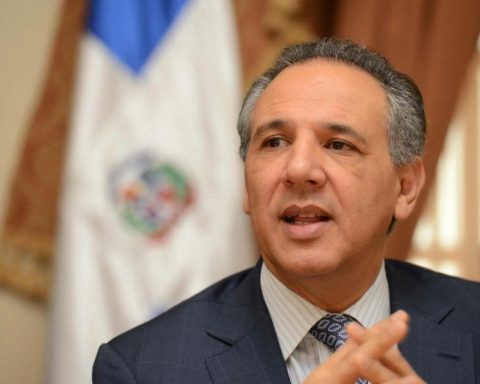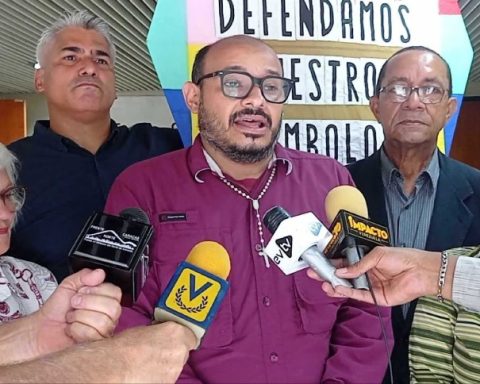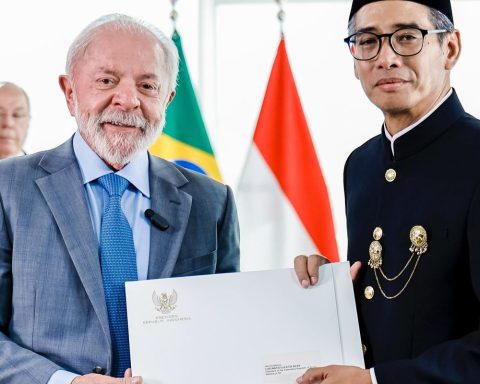However, halfway through the current administration, only 1,214 minibuses have been replaced and around 17,000 continue to serve, according to figures released by the Ministry of Mobility (Semovi).
Claudia Sheinbaum, head of government, has the goal of scrapping and replacing 6,000 microbuses by 2024.
Víctor Alvarado, coordinator of Mobility at El Poder del Consumidor, points out that progress in replacing buses in the city has been slow, but one of the main factors has been the difficulty in reaching agreements between the leaders and organizations of carriers.
“Despite the fact that we have been in this process for 15 years, many of the brakes have been on the part of the transportation sector, the same ones that have seen demanding a rate increase. The delays have been on their part in the negotiation process, of consolidating new routes, that even takes up to a year or a year and a half, ”he explains in an interview.
It would be interesting if these tariff negotiations were used to speed up this modernization, which has been partially achieved but not as fast as we would like. There is little less than two and a half years of government left and there are still quite a few units of this type circulating.”
Bernardo Baranda, director for Latin America of ITDP
